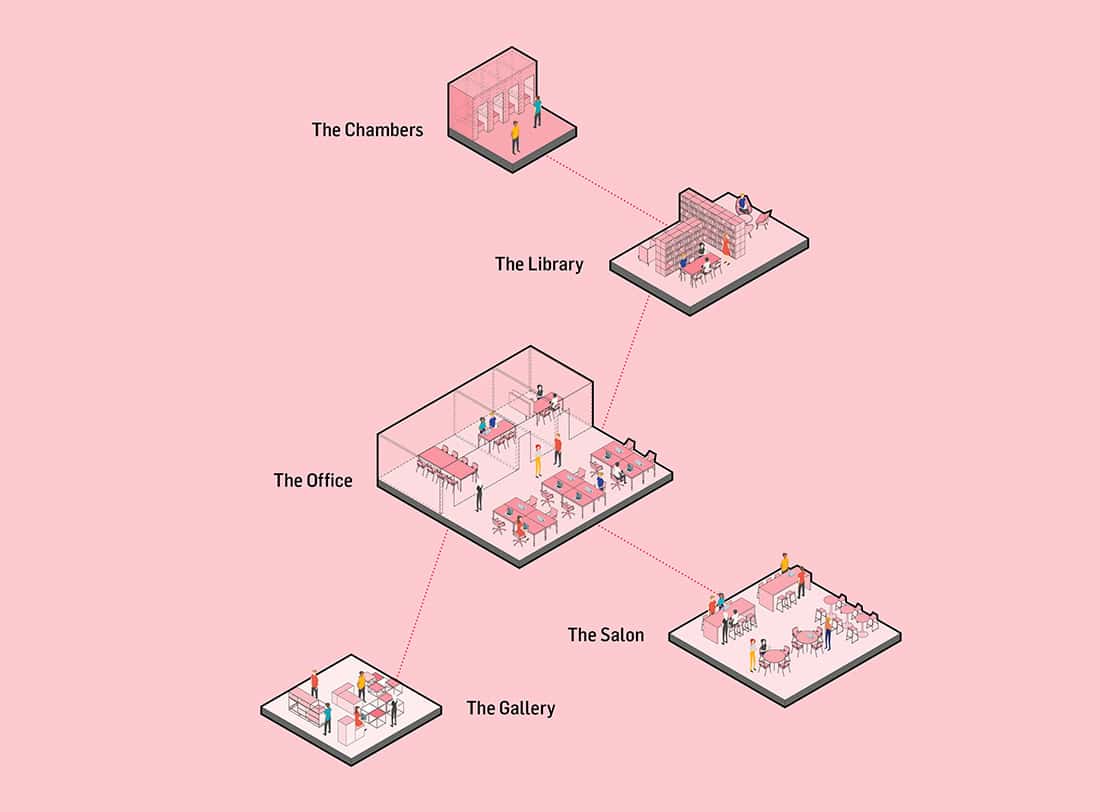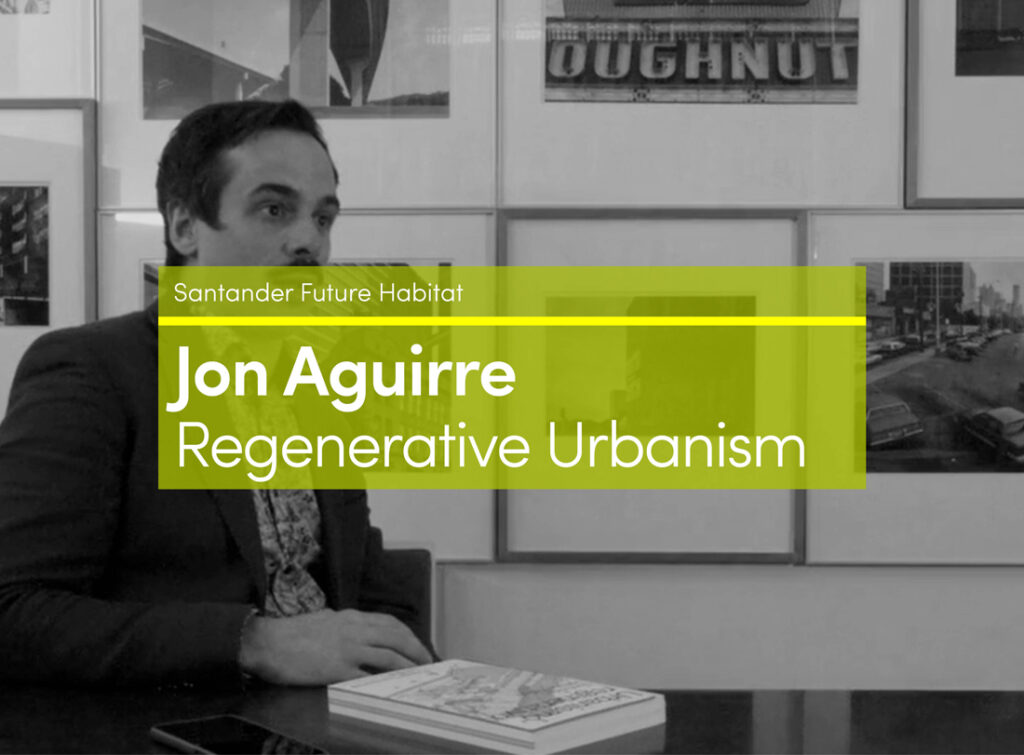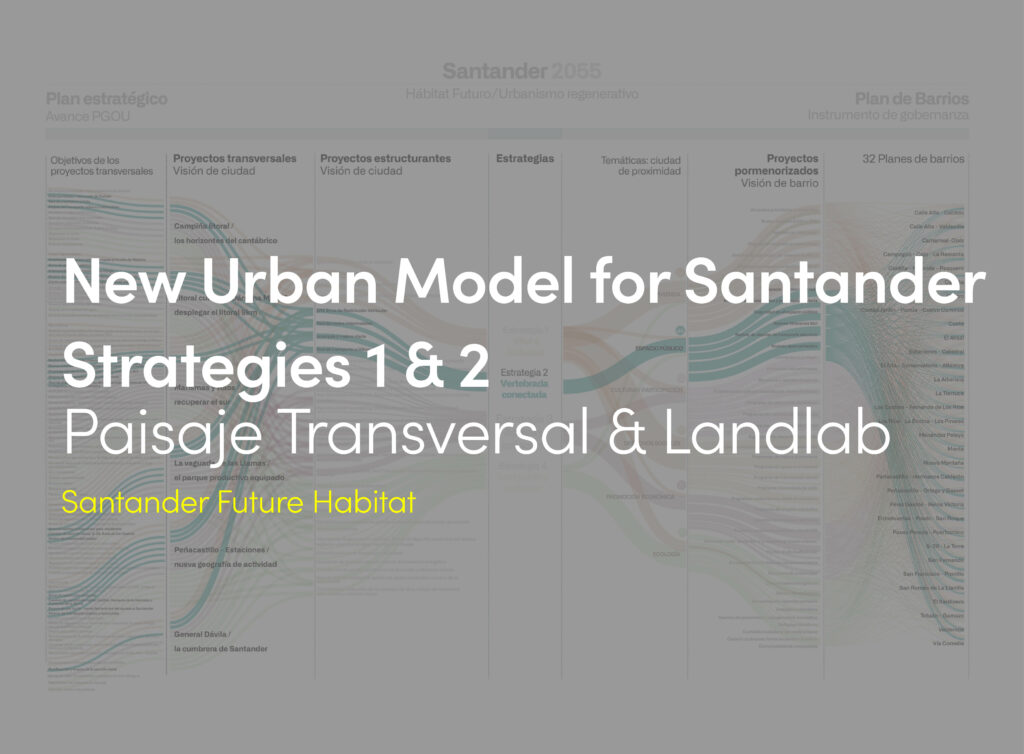Deep Work
In a time of constant change, excellence will not be accomplished by scratching the surface of information. As knowledge evolves, keeping up requires learning complex ideas quickly and implementing those insights to create exceptional innovations.
In his book [1], Cal Newport refers to “deep work” as the sum of activities conducted in a state of thoughtful concentration, pushing cognitive capabilities to their limit. These efforts create original content, improve our abilities and skills, and are demanding to reproduce.
The opposite of deep work is shallow work, all those activities that can be performed while distracted. These types of activity tend not to create important new value in the world and are easy to replicate.
The capacity to deliver deep work is becoming increasingly rare. At the same time, it is bringing essential value to our economy. According to a recent report from the World Economic Forum, content production is going to be one of the most jobs most in demand in the period from 2020 to 2025 [2].
Some of the emerging roles are:
– content specialist
– content producer
– content writer
– creative copywriter
In a world where large advertising companies constantly compete for our attention, deep work is often replaced with the shallow alternative. Great efforts today are often fragmented by relentless interruption and ultimately produce mediocre results. As we continue to shift towards a knowledge-based economy and people will increasingly need to deal with large amounts of information, an aptitude for executing deep work will become a necessary trait of the workforce.
Newport suggests different approaches for integrating deep work into our work life.
The Monastic Mode
This approach consists of eliminating or radically minimizing distractions and shallow work. Therefore, a workday consists of long hours of uninterrupted, focused work.
The Bimodal Mode
This mode divides people’s time clearly into segments. For example, some days of the week are dedicated to deep work and others to the shallow alternative. However, the timeframe can be more extensive and include months of focused work, followed by periods of shallowness. This approach suits people that require shallow work in their lives for both personal and economic reasons.
The Rhythmic Mode
The rhythmic mode is based on the idea that the best way to get into a state of concentration and conduct deep work is to create a habit. In this way, the activity becomes more accessible, as decisions about when and where to start and go deep are avoided. Setting a starting time – for example, early in the morning – can provide a feeling of accomplishment that can benefit the whole day.
The Journalistic Mode
This approach is perhaps the hardest one, and it consists of shifting from shallow to deep work mode whenever it can fit into the schedule. Since our ability to focus, like our willpower, is limited, constantly switching between the two work modes can be exhausting.
Deep work is undeniably a valuable skill for our economy. As architects and designers, it is essential to understand the importance of creating environments that – in addition to promoting impromptu collisions and collaboration – are also able to accommodate the increasing need for deep thinking, concentration, and contemplation.
Therefore, some of the spaces for deep work that we need to encourage in the design of workplaces and educational environments are:
– Quiet areas
– Libraries
– Phone booths
– Think tanks
– Private spaces
At the same time, different strategies can be used to mitigate noise and visual distractions in open-plan layouts. For example, by using plants, movable light partitions, sound-absorbing materials, etc.
The Eudaimonia Machine
Eudaimonia (Greek: εὐδαιμονία [eu̯dai̯moníaː]), is a Greek word commonly interpreted as happiness or well-being; however, “human flourishing or prosperity” is perhaps a more accurate translation.
The Eudaimonia Machine is the term used for a series of environments that accommodate a variety of settings aimed at generating eudaimonia – or, as Mihaly Csikszentmihalyi would put it, a state of flow – for the occupants of a space.
The idea originated from the professor of architecture David Dewane in his design for STORY, Manhattan’s rotating gallery/shop, and became popular thanks to Cal Newport’s renowned book Deep Work.
Dewane envisions the Eudaimonia Machine as a series of conjoining rooms progressing like a story with increasingly deeper contemplation levels, culminating in deep work. The spatial configuration does not have any shared spaces to avoid short-circuiting the narrative progression of environments.
The rooms and their related cognitive stages are:
1. The Gallery: a room where examples of deep work are displayed to inspire, incite and nudge.
 2. The Salon: imagined as a lounge area with the atmosphere of a cafe/bar. The purpose of the Salon is to spark curiosity, daydreaming, discussions and debates.
2. The Salon: imagined as a lounge area with the atmosphere of a cafe/bar. The purpose of the Salon is to spark curiosity, daydreaming, discussions and debates.
 3. The Library: a space for research and investigation containing an extensive collection of information, records and books, both internal and external to the organization. The Library can additionally be a collection of the products or elements that a company works with. For example, at the CEBRA workplace in Aarhus, a space named The Brick hosts various architectural materials that make it a meeting room and an area for research.
3. The Library: a space for research and investigation containing an extensive collection of information, records and books, both internal and external to the organization. The Library can additionally be a collection of the products or elements that a company works with. For example, at the CEBRA workplace in Aarhus, a space named The Brick hosts various architectural materials that make it a meeting room and an area for research.
 4. The Office: this is the typical environment containing standard meeting rooms and workstations to conduct ordinary work tasks.
4. The Office: this is the typical environment containing standard meeting rooms and workstations to conduct ordinary work tasks.
 5. The Chambers: the final stage of the sequence. Their purpose is to allow complete focus and concentration and, at the same time, limit the number of interruptions.
5. The Chambers: the final stage of the sequence. Their purpose is to allow complete focus and concentration and, at the same time, limit the number of interruptions.
The most compelling component of the Eudaimonia Machine is its final stage, the Chambers — an area for retreat, contemplation, and deep thinking. In the Chambers, employees can work in a safe spatial setting that offers cognitive control and answers their needs for privacy, quiet and refuge. Therefore, the Eudaimonia Machine can serve as an alternative to standard working environments as it attempts to circumvent common deficiencies of office layouts: noise, distractions, interruptions, etc.
Even though Dr. Dewane imagined the “machine” as a one-floor rectangular space composed of five consecutive rooms, we can envision it being applicable to other kinds of configurations, for example as vertical, concentric, distributed in 3D space.
The backbone of this concept does not lie in its linear structure but in the holistic understanding of the workplace as a variety of environments that meet personality needs and people’s different work activities.
Orienting the occupant gradually through stages that go from inspiration to deep work is undoubtedly an appealing idea. However, innovative work processes often do not follow a linear structure, but they are the result of open, flexible, and iterative practice.
Consequently, a true eudaimonic workplace should, first and foremost, accommodate openness and flexibility while, at the same time, respond rapidly to the unforeseen and multifaceted needs of every employee through spaces for inspiration, collaboration, investigation, superficial work and deep work.













